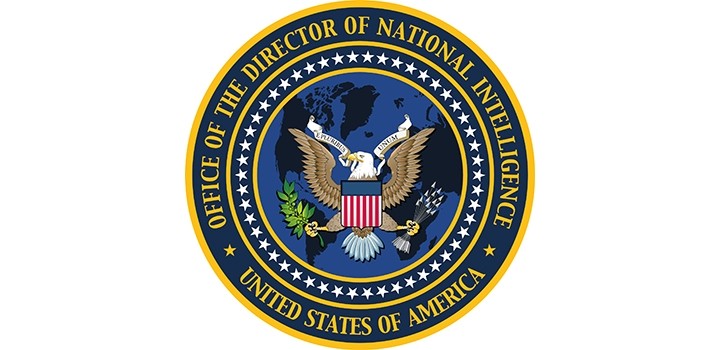Following the information released by whistleblower Edward Snowden, James Clapper, the Director of National Intelligence, decided it was necessary to declassify and release more information detailing the PRISM program in order to dispel "significant misimpressions" and inaccuracies spreading consequent to the leaked information.
In particular, Clapper calls attention to the oversight provided by the Legislative, Judicial, and Executive branches of the federal government, and criticizes the media for not giving the full context of these "effective tools."
"The surveillance activities published in The Guardian and The Washington Post are lawful and conducted under authorities widely known and discussed, and fully debated and authorized by Congress. Their purpose is to obtain foreign intelligence information, including information necessary to thwart terrorist and cyber attacks against the United States and its allies."
Concerning Section 702 of the Foreign Intelligence Surveillance Act, also known as PRISM, Clapper states that the program is vital to the United States' ability to protect the nation and its allies, and disclosing the specific methods used to collect communications data is akin to giving "our enemies a 'playbook' of how to avoid detection."
Amid public outcry about privacy and domestic surveillance, Clapper and the NSA seem to have deemed correcting the misimpressions and inaccurate reports more important for now, as he has declassified details about Section 702.
One of the more immediate points raised in the press release is that the U.S. government does not "unilaterally obtain information" from servers, meaning that they do not have unlimited and unregulated access as has been suggested, and that any information obtained by the government is done so with FISA Court approval.
Furthermore, according to the press release, PRISM has restrictions in place limiting the scope of individuals that can be targeted, requiring that certain parameters be met before information can be gathered. It cannot be used to intentionally target any U.S. citizen, or any person known to be in the United States, nor can a person be targeted "unless there is an appropriate, and documented, foreign intelligence purpose for the acquisition [of data] (such as for the prevention of terrorism, hostile cyber activities, or nuclear proliferation) and the foreign target is reasonably believed to be outside the United States."
